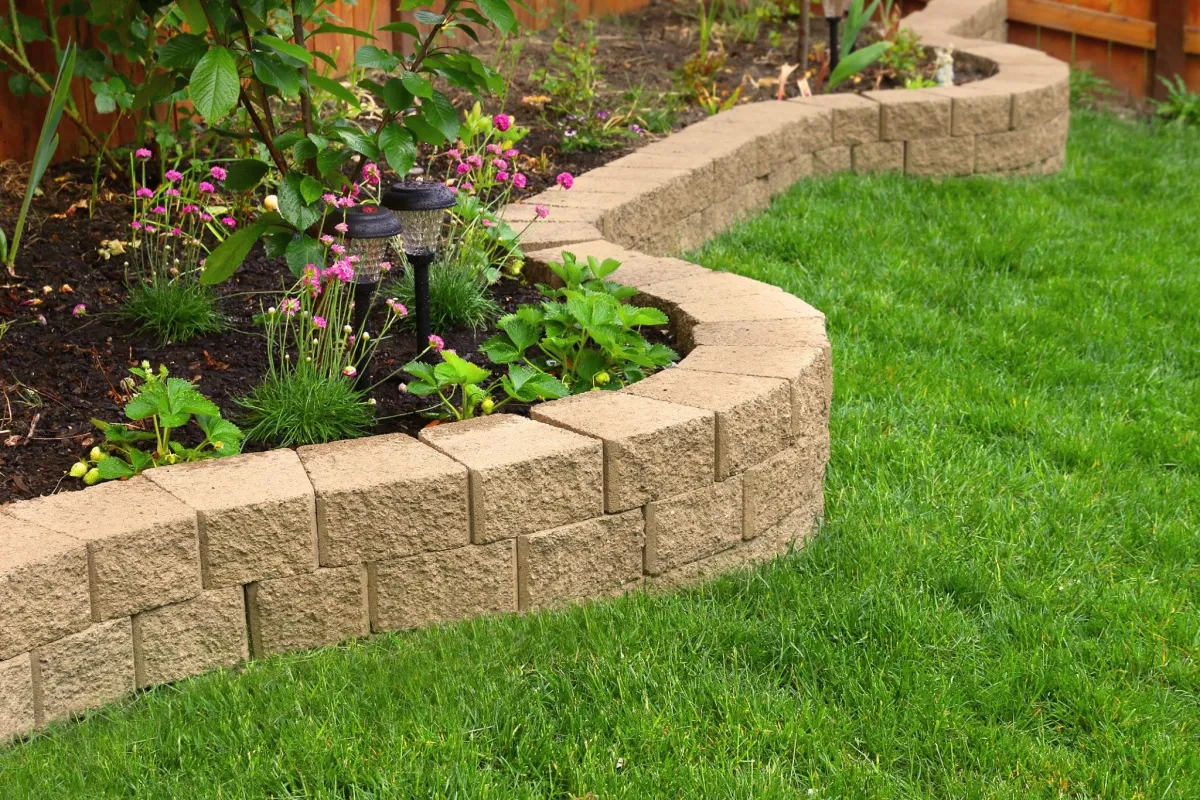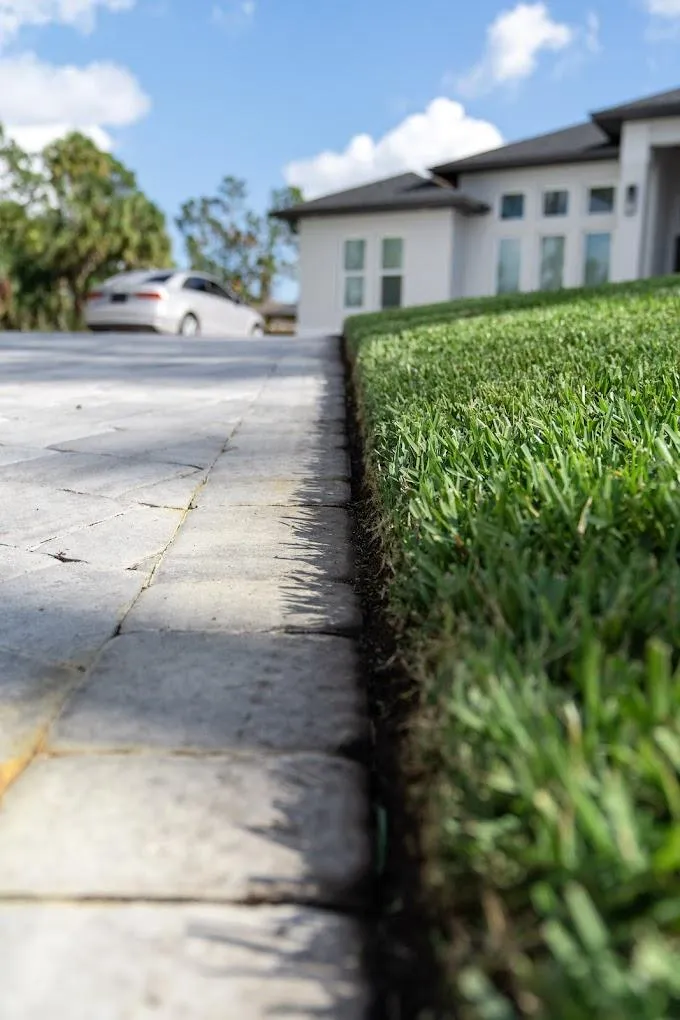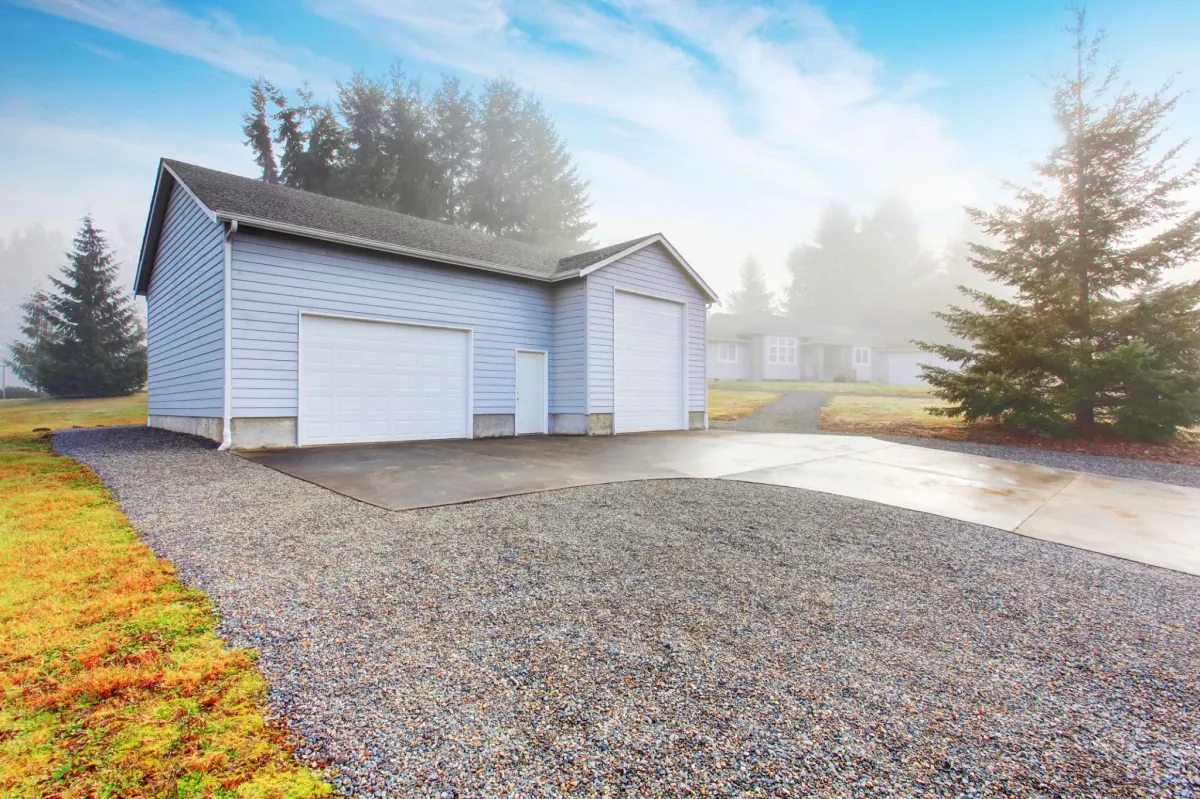
Services > Mulch Installation
Mulch Installation
Mulch serves various purposes, both aesthetic and functional, that can enhance and protect your landscape. We work with local landscape suppliers to provide your property with the size, color, and type of mulch that best suits your environment, as well as your tastes.
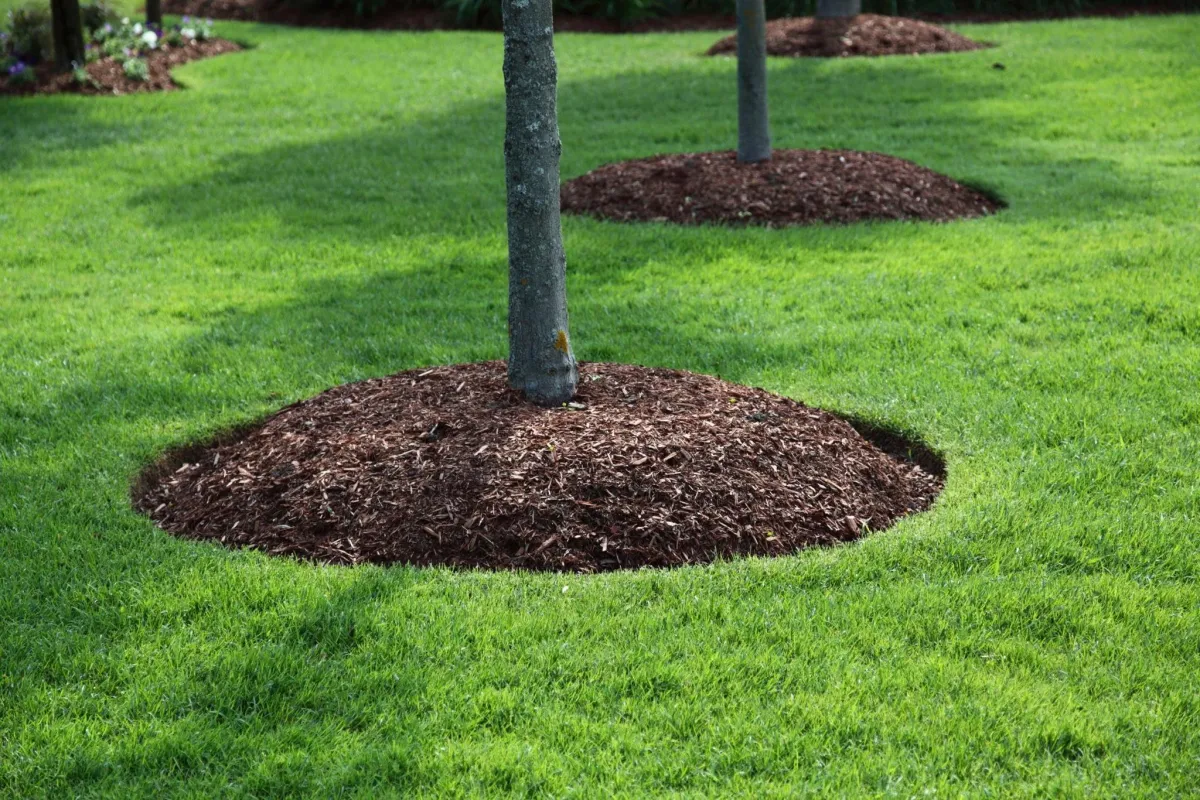
Why Choose Mulch Installation
We can help you choose the right type of mulch for your specific needs and landscape design. With our professional installation, you can ensure that the mulch is applied correctly for maximum benefits. Installing mulch is a simple yet effective way to improve the health and appearance of your property.
The benefits of mulch include:
Weed Control: Mulch acts as a barrier, limiting the amount of sunlight that weeds receive. This helps reduce weed growth significantly, keeping your garden beds cleaner and maintenance-free.
Moisture Retention: Our mulch helps maintain soil moisture by reducing evaporation. This is particularly beneficial during dry spells, ensuring that your plants stay hydrated and healthy.
Temperature Regulation: Mulch insulates the soil, helping to regulate its temperature. In the summer, it keeps the soil cooler, and in the winter, it provides a layer of warmth. This temperature regulation is crucial for the health of root systems.
Soil Health Improvement: As mulch breaks down over time, it adds organic matter to the soil. This process improves soil structure, aeration, and nutrient content, fostering a healthier environment for plants.
Aesthetic Appeal: Our range of mulches comes in various colors and textures, allowing you to enhance the beauty of your landscape. Mulch can give your garden beds a neat, finished look, adding to the overall curb appeal of your property.
Erosion Control: Mulch helps to prevent soil erosion caused by wind and water. By keeping the soil in place, it protects the landscape during heavy rains and strong winds.
Pest Control: Certain types of mulch can deter pests naturally without the need for chemical pesticides, contributing to a healthier and more sustainable garden environment.
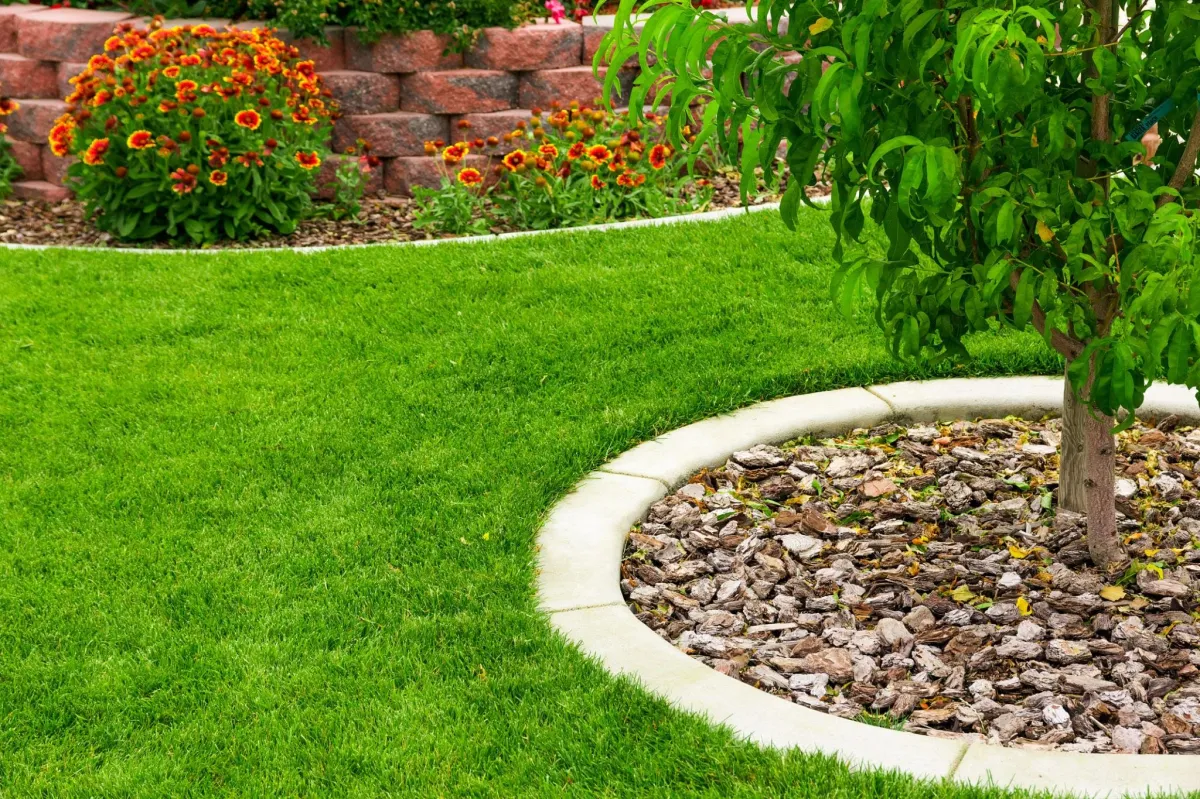
Cost of Mulch Installation
The cost of mulch installation is typically based on several key factors. Firstly, the type of mulch chosen plays a significant role; organic mulches like hardwood or cedar are generally more expensive than inorganic options. Secondly, the quantity of mulch required is calculated by the square footage of your garden beds; larger areas will naturally require more mulch and increase the cost. Thirdly, labor costs are considered, which includes the delivery and professional application of the mulch. Additionally, if your property requires special preparation, such as clearing weeds or existing debris, this may incur extra charges. We offer a range of options to suit various budgets and can provide a detailed quote based on your specific needs and preferences. Our goal is to deliver high-quality service and value, ensuring your investment in mulch installation enhances your property's health and aesthetic appeal.

Services > Mulch Installation

Mulch Installation
Mulch serves various purposes, both aesthetic and functional, that can enhance and protect your landscape. We work with local landscape suppliers to provide your property with the size, color, and type of mulch that best suits your environment, as well as your tastes.
Why Choose Mulch Installation
We can help you choose the right type of mulch for your specific needs and landscape design. With our professional installation, you can ensure that the mulch is applied correctly for maximum benefits. Installing mulch is a simple yet effective way to improve the health and appearance of your property.
The benefits of mulch include:
Weed Control:
Mulch acts as a barrier, limiting the amount of sunlight that weeds receive. This helps reduce weed growth significantly, keeping your garden beds cleaner and maintenance-free.
Moisture Retention:
Our mulch helps maintain soil moisture by reducing evaporation. This is particularly beneficial during dry spells, ensuring that your plants stay hydrated and healthy.
Temperature Regulation:
Mulch insulates the soil, helping to regulate its temperature. In the summer, it keeps the soil cooler, and in the winter, it provides a layer of warmth. This temperature regulation is crucial for the health of root systems.
Soil Health Improvement:
As mulch breaks down over time, it adds organic matter to the soil. This process improves soil structure, aeration, and nutrient content, fostering a healthier environment for plants.
Aesthetic Appeal:
Our range of mulches comes in various colors and textures, allowing you to enhance the beauty of your landscape. Mulch can give your garden beds a neat, finished look, adding to the overall curb appeal of your property.
Erosion Control:
Mulch helps to prevent soil erosion caused by wind and water. By keeping the soil in place, it protects the landscape during heavy rains and strong winds.
Pest Control:
Certain types of mulch can deter pests naturally without the need for chemical pesticides, contributing to a healthier and more sustainable garden environment. some stuff
Cost of Mulch Installation

The cost of mulch installation is typically based on several key factors. Firstly, the type of mulch chosen plays a significant role; organic mulches like hardwood or cedar are generally more expensive than inorganic options. Secondly, the quantity of mulch required is calculated by the square footage of your garden beds; larger areas will naturally require more mulch and increase the cost. Thirdly, labor costs are considered, which includes the delivery and professional application of the mulch. Additionally, if your property requires special preparation, such as clearing weeds or existing debris, this may incur extra charges. We offer a range of options to suit various budgets and can provide a detailed quote based on your specific needs and preferences. Our goal is to deliver high-quality service and value, ensuring your investment in mulch installation enhances your property's health and aesthetic appeal.
Recent Mulch Installation Jobs
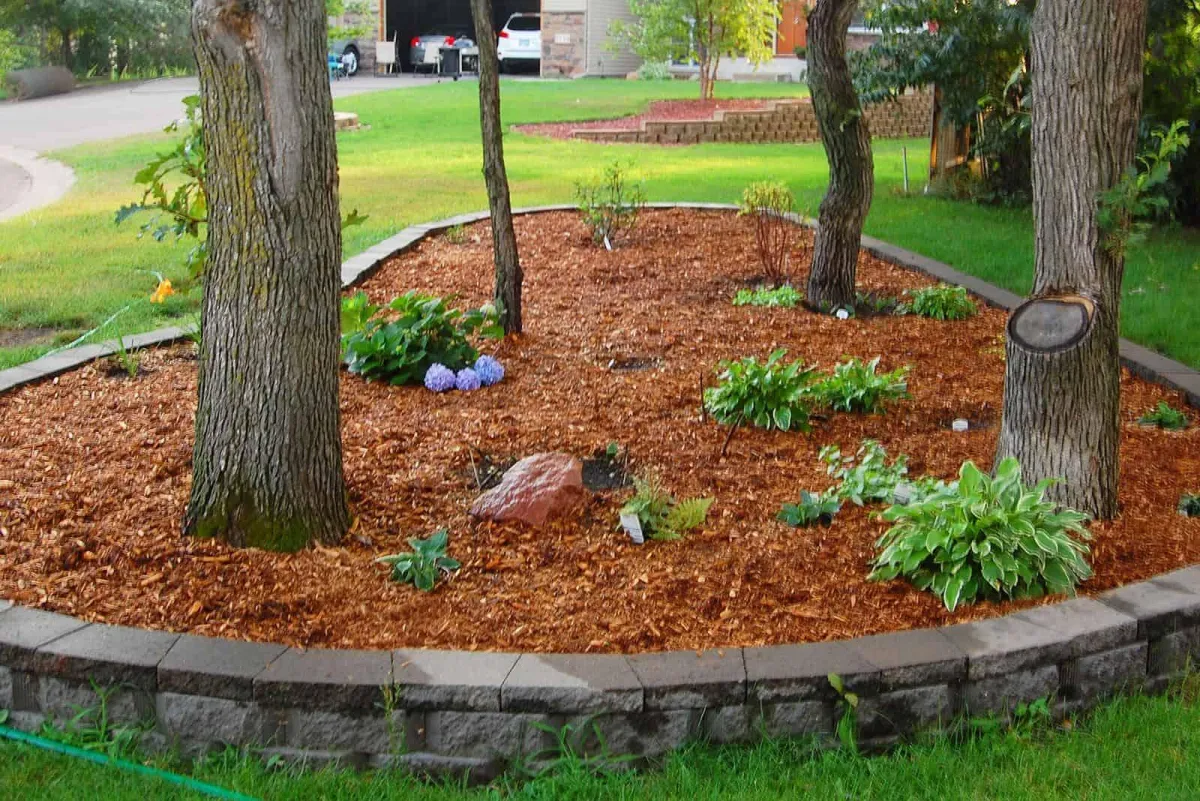
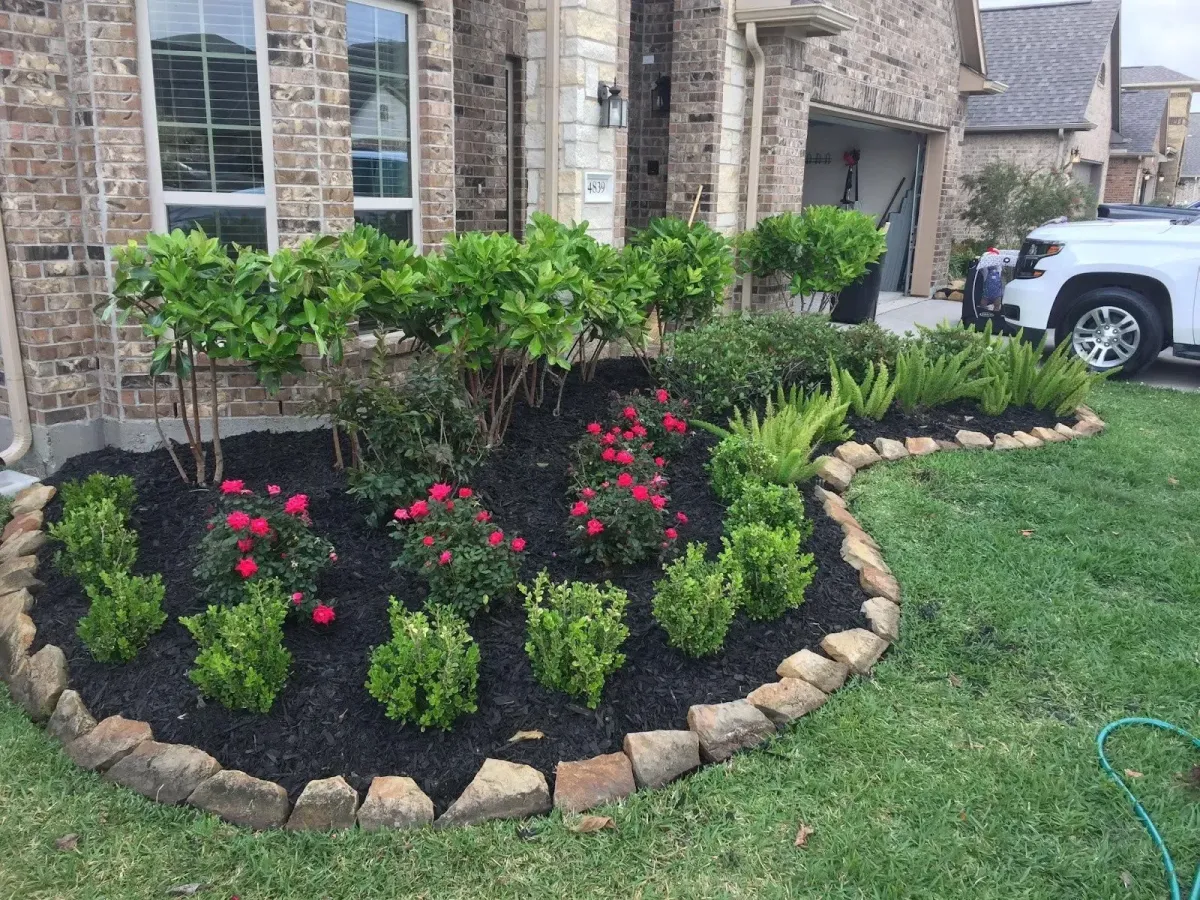
Recent Mulch Installation Jobs


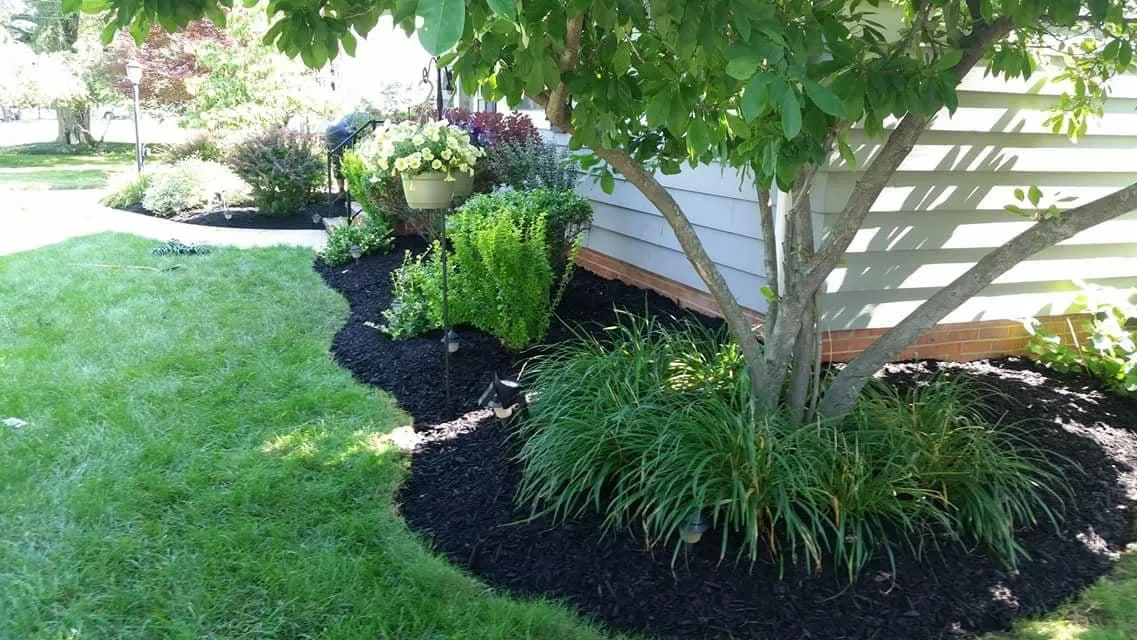
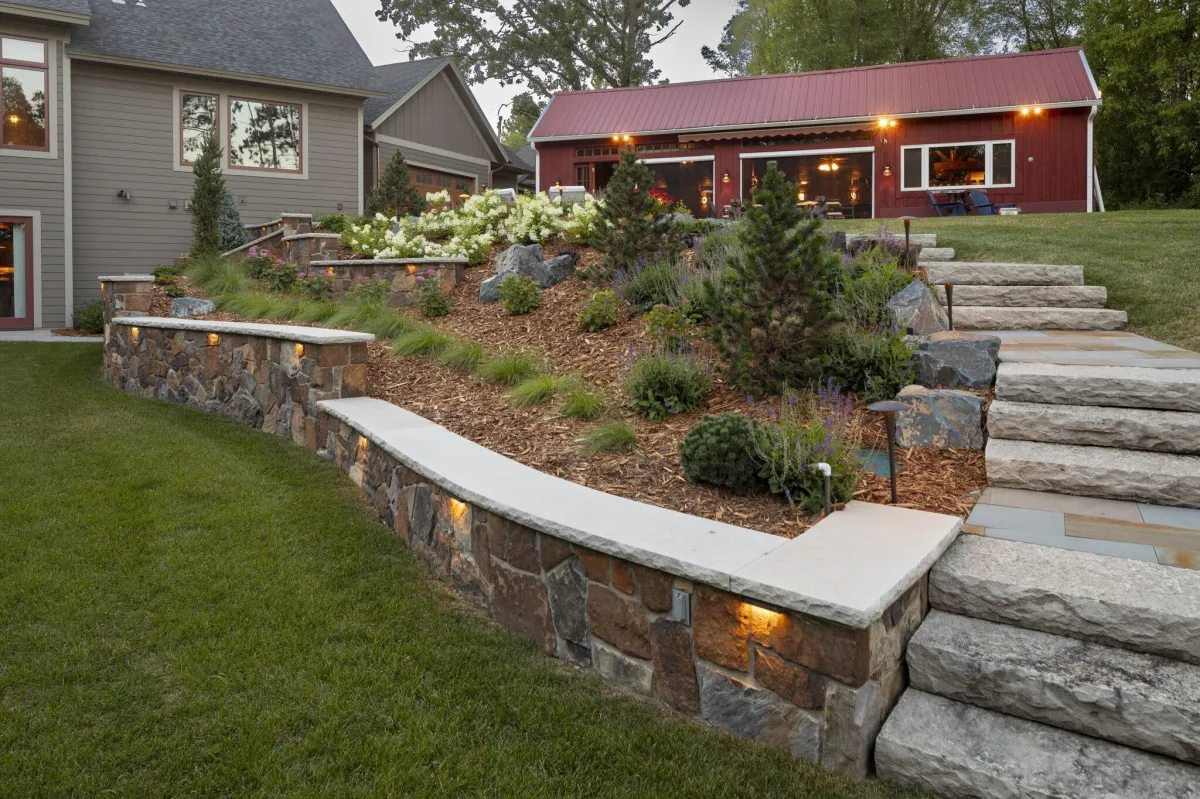
Our Process For
Mulch Installation
Step 1 : Take Pictures of Current project
When preparing to speak our representative. Please be prepared with showing the pictures of your current project. If you have have ideas in mind for your design, please share with us.



Step 2: Fill out a Form
Filling out a form will allow us to be in touch with you soon. to get your estimation in motion. If you can fill us in a bit about yourself, your project, and your desired start date. This will allow us to prioritize getting you in the calendar.

Schedule Your Jesse's Landscaping Appointment
Lets put it in the calendar and get your estimate in motion. Time to start designing.
We can't wait to building something together with you.

Our Process For Mulch Installation
Step 1 : Take Pictures of Current project

When preparing to speak our representative. Please be prepared with showing the pictures of your current project. If you have have ideas in mind for your design, please share with us.

Step 2: Fill out a Form

Filling out a form will allow us to be in touch with you soon. to get your estimation in motion. If you can fill us in a bit about yourself, your project, and your desired start date. This will allow us to prioritize getting you in the calendar.

Schedule Your Jesse's Landscaping Appointment

Lets put it in the calendar and get your estimate in motion. Time to start designing.
We can't wait to building something together with you.
Some other Jesse's Landscaping Services
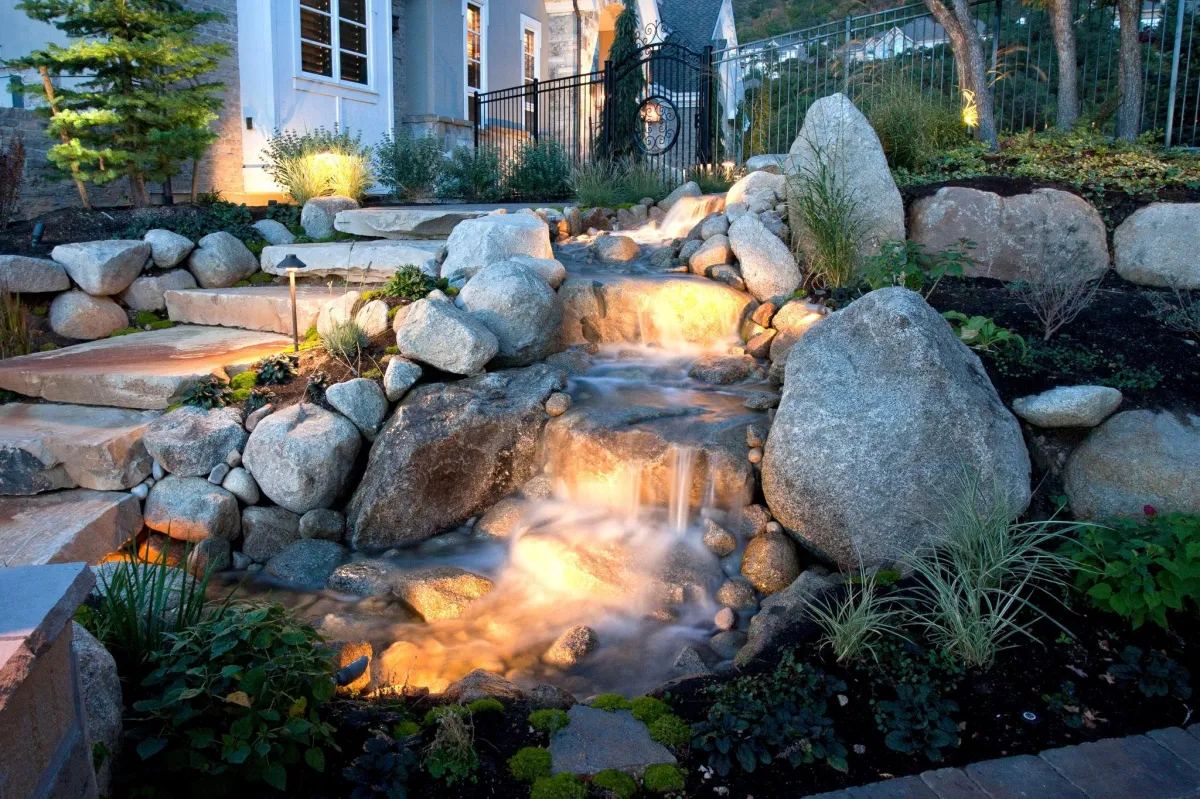
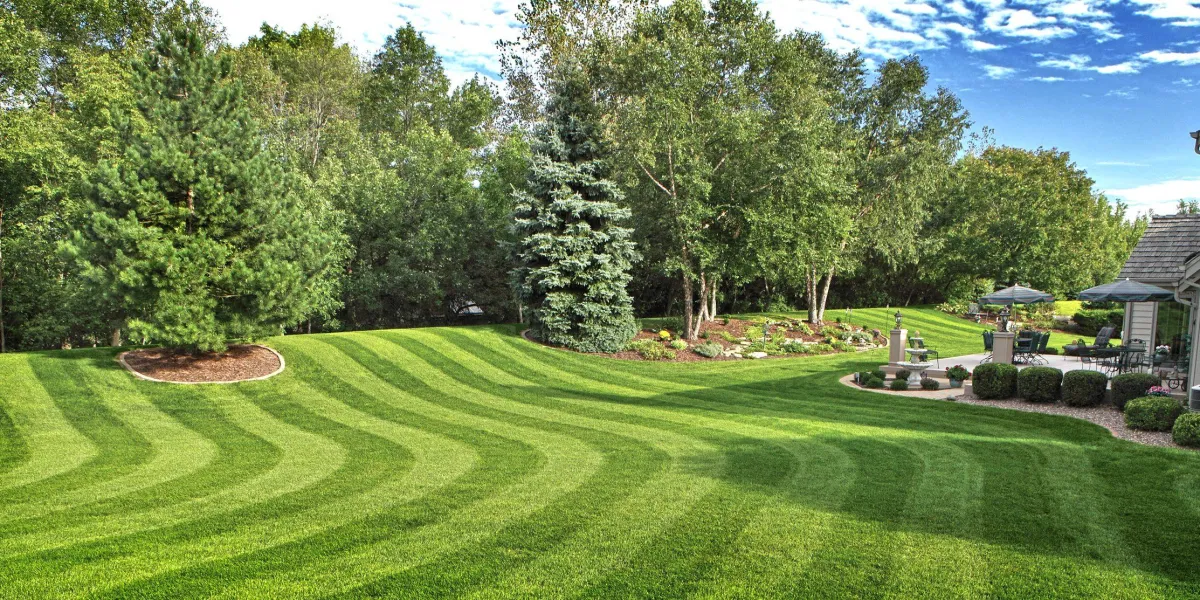
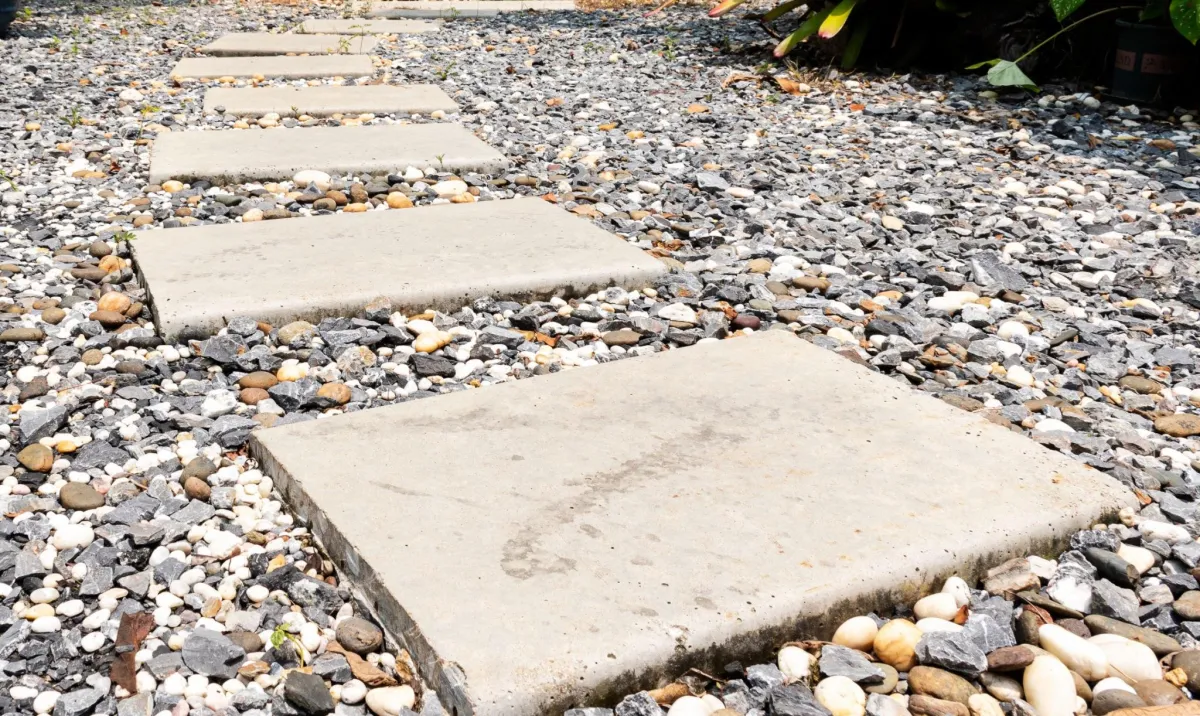
Things to Know About
Mulch Installation
Understanding Mulch: What It Is and Where It Comes From
Mulch is a versatile material used in landscaping and gardening, and it can be made from a variety of organic and inorganic substances. Organic mulches include materials like shredded bark, wood chips, straw, and compost, which are byproducts of forestry and agricultural industries. These materials are often repurposed as mulch, contributing to environmental sustainability by reducing waste. Inorganic mulches, on the other hand, include stones, rubber, and landscape fabrics, sourced from different industrial processes. Understanding the origin of mulch helps you appreciate its role in eco-friendly gardening and landscaping practices.
Why People Use Mulch on Their Properties
You might find mulch incredibly useful for several reasons. Firstly, it's an effective tool for weed control; by covering the soil, mulch inhibits weed germination and growth. Secondly, mulch helps retain soil moisture, reducing the need for frequent watering and protecting your plants during dry periods. It also insulates the soil, moderating its temperature to protect plant roots in extreme weather. As organic mulches decompose, they enrich the soil with nutrients, enhancing its fertility. Moreover, mulch adds aesthetic value to your landscape, offering a neat and polished look while highlighting your plants and garden features.
Choosing the Right Mulch for Your Needs
Selecting the right mulch for your property depends on several factors. Consider the specific needs of your plants; for instance, certain organic mulches can acidify soil, benefiting acid-loving plants. Think about the maintenance level you're comfortable with; while organic mulches need to be replenished as they decompose, inorganic mulches last longer but don't improve soil health. Also, take into account the aesthetic aspect; the color and texture of the mulch can complement your landscape design. Lastly, be mindful of your local climate; in wetter areas, coarse mulches that allow water to penetrate the soil are preferable, whereas in dry regions, finer mulches that retain moisture are more suitable. By considering these factors, you can choose the mulch that best suits your garden's needs and your personal preferences.
Contact Us
Service Hours
Mon-Fri 8am- 5pm
Sat-Sun Closed except for appointments
Things to Know About Mulch Installation
Understanding Mulch: What It Is and Where It Comes From
Mulch is a versatile material used in landscaping and gardening, and it can be made from a variety of organic and inorganic substances. Organic mulches include materials like shredded bark, wood chips, straw, and compost, which are byproducts of forestry and agricultural industries. These materials are often repurposed as mulch, contributing to environmental sustainability by reducing waste. Inorganic mulches, on the other hand, include stones, rubber, and landscape fabrics, sourced from different industrial processes. Understanding the origin of mulch helps you appreciate its role in eco-friendly gardening and landscaping practices.
Why People Use Mulch on Their Properties
You might find mulch incredibly useful for several reasons. Firstly, it's an effective tool for weed control; by covering the soil, mulch inhibits weed germination and growth. Secondly, mulch helps retain soil moisture, reducing the need for frequent watering and protecting your plants during dry periods. It also insulates the soil, moderating its temperature to protect plant roots in extreme weather. As organic mulches decompose, they enrich the soil with nutrients, enhancing its fertility. Moreover, mulch adds aesthetic value to your landscape, offering a neat and polished look while highlighting your plants and garden features.
Choosing the Right Mulch for Your Needs
Selecting the right mulch for your property depends on several factors. Consider the specific needs of your plants; for instance, certain organic mulches can acidify soil, benefiting acid-loving plants. Think about the maintenance level you're comfortable with; while organic mulches need to be replenished as they decompose, inorganic mulches last longer but don't improve soil health. Also, take into account the aesthetic aspect; the color and texture of the mulch can complement your landscape design. Lastly, be mindful of your local climate; in wetter areas, coarse mulches that allow water to penetrate the soil are preferable, whereas in dry regions, finer mulches that retain moisture are more suitable. By considering these factors, you can choose the mulch that best suits your garden's needs and your personal preferences.
Contact Us
1 330-590-5634
4526 Mark Trail
Copley, OH
Service Hours
Mon-Fri 8am- 5pm
Sat-Sun Closed except for appointments
Google Business

2026 | Jesse's Landscaping | Rights Reserved

